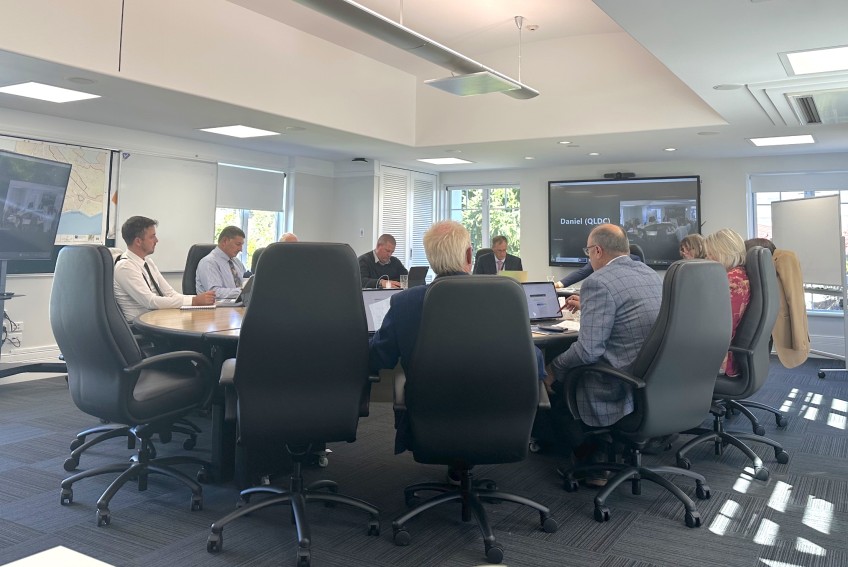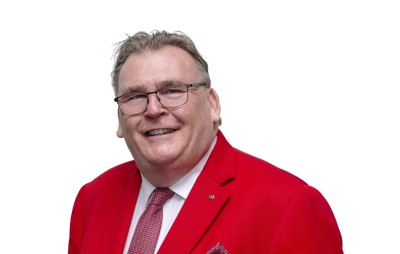
Closed-door decision making for quarter of QLDC agenda items this year
Looking back at full council meetings for the year 2023, 24 percent of all items discussed around the Queenstown Lakes District Council decision-making table were done so behind closed doors, and it has raised the eyebrows of one local government scholar.
Of the 91 agenda items put to councillors this year, 22 were marked as publicly excluded, including the items in reports by the chief executive.
Topics covered in secret include the chief executive Mike Theelen's pay and key performance indicators, the $20 million budget blowout for stage one of the Arterial Road project, proposed budgets for upgrades of the Shotover Wastewater treatment plant, an appointment to Queenstown Airport's board of directors, and appointment of commissioners to hearing panels.
Members of the public and media were unable to hear the questions and discussions between elected members and council staff on the agenda items.
Currently a professional fellow with the University of Technology Sydney's Institute of Public Policy and Governance, Dr Andy Asquith says that public excluded items should be "kept to an absolute minimum".
He thinks the legal bar for what items can be put in the public excluded section of council meetings should be higher.
"Currently you can put anything in part b (public excluded) that you don't want in part a...there are certainly some things that need to go in part b, but 24 percent doesn't."

Excluding the public from council decision making should be kept to an absolute minimum, Dr Andy Asquith says.
Dr Asquith's reasoning for this is two-pronged: to keep the process transparent, and also to allow the public to be engaged, saying when items are worked through with no public or media scrutiny, there is less insight into what's going on.
He thinks this contributes to growing disengagement with local government.
He says the decision to exclude the public from discussions on the arterial road's $20 million budget blowout raises "serious alarm bells" from a transparency perspective and a project management perspective.
"It opens the question of what are you trying to hide," Dr Asquith says.
Dr Asquith himself was on the decision-making board at Massey University for seven years; when he started it was about 50/50 public and excluded, but by the time he left a few years ago, around 90 percent of items were discussed publicly.
After studying local government, he says he approached the chair of the committee to open up more decisions to the public to make operations "more transparent and inclusive".
The discussion surrounding council chief executive Mike Theelen's salary was conducted in a private section of a council meeting, but later the figure was released by the council.
Dr Asquith says disclosing the salaries of public servants can open them up to attack, but he also believes conversations around senior public servants who receive a substantial amount of public money should be kept in the public domain.
Generally, the public can be excluded from parts of council meetings to protect personal privacy, to protect legally-privileged or commercially-sensitive information, or to protect trade secrets.
Main image: A meeting of full council on March 23, 2023.






























